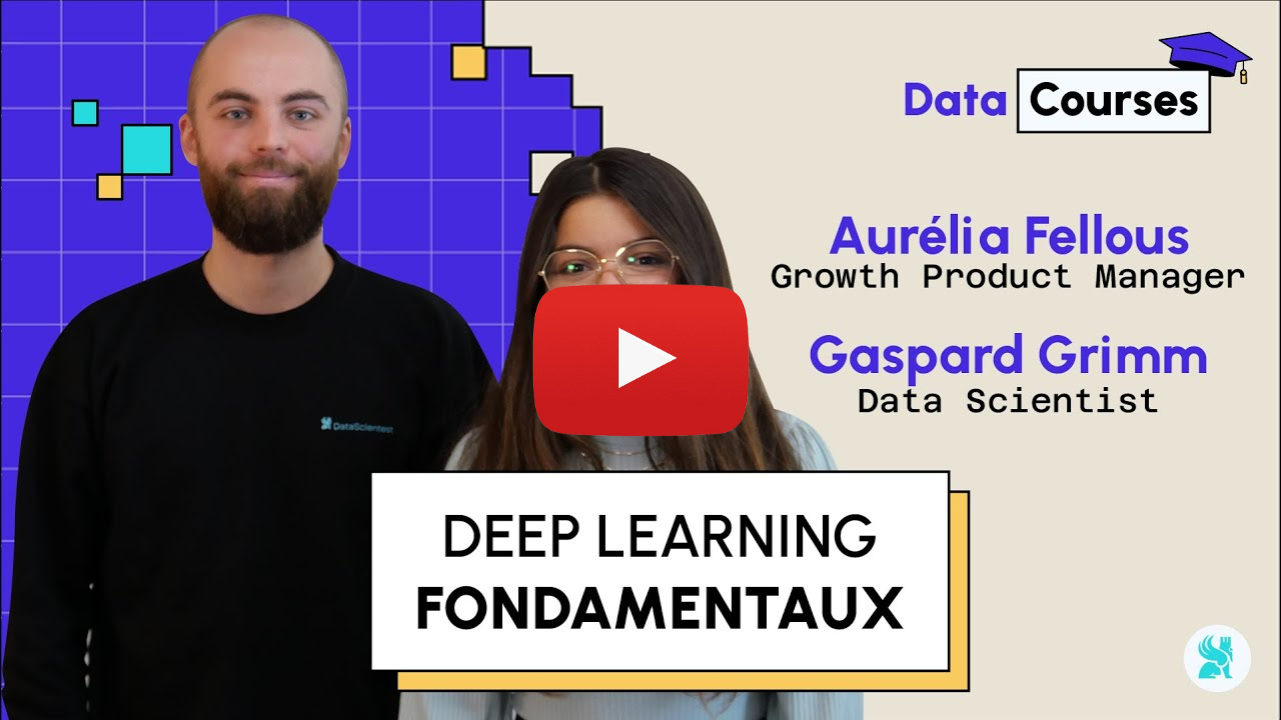One of the main advantages of Deep Learning is the quality of the results obtained . Thanks to high-quality data, Deep Learning allows its users to do everyday tasks much more easily.
There are other types of learning, but these very often require the intervention of humans to analyze the raw data and to add additional information so that the predictive power of the algorithm is higher.
On the contrary, in deep learning, it is the algorithm itself that is able to identify the data and integrate it into its learning model: it is this quality in particular that gives it its power. Thus, it is not necessary to involve a qualified human to guarantee the development of its functionalities, which constitutes a real economic gain.
In addition, it was previously required to insert large amounts of data oneself to enable machine learning. With deep learning, this phase is much shorter and this is a real advantage: in fact, companies obtain very large amounts of data every day, but this data is very rarely structured. In this sense, deep learning is the only one capable of analyzing different sources of unstructured data depending on the type of task to be performed.
Finally, to say that Deep Learning is too expensive for mass production is incorrect.
Indeed, more and more services give companies the possibility to rely on existing algorithms rather than having to develop them from scratch. It is these strengths that allow deep learning to establish itself in the business world.
Thus, deep learning is used in many areas such as image recognition (which allows your phone, for example, to recognize faces and sort your photos according to the people who are on them), automatic translation , recommendations personalized , live chats .












